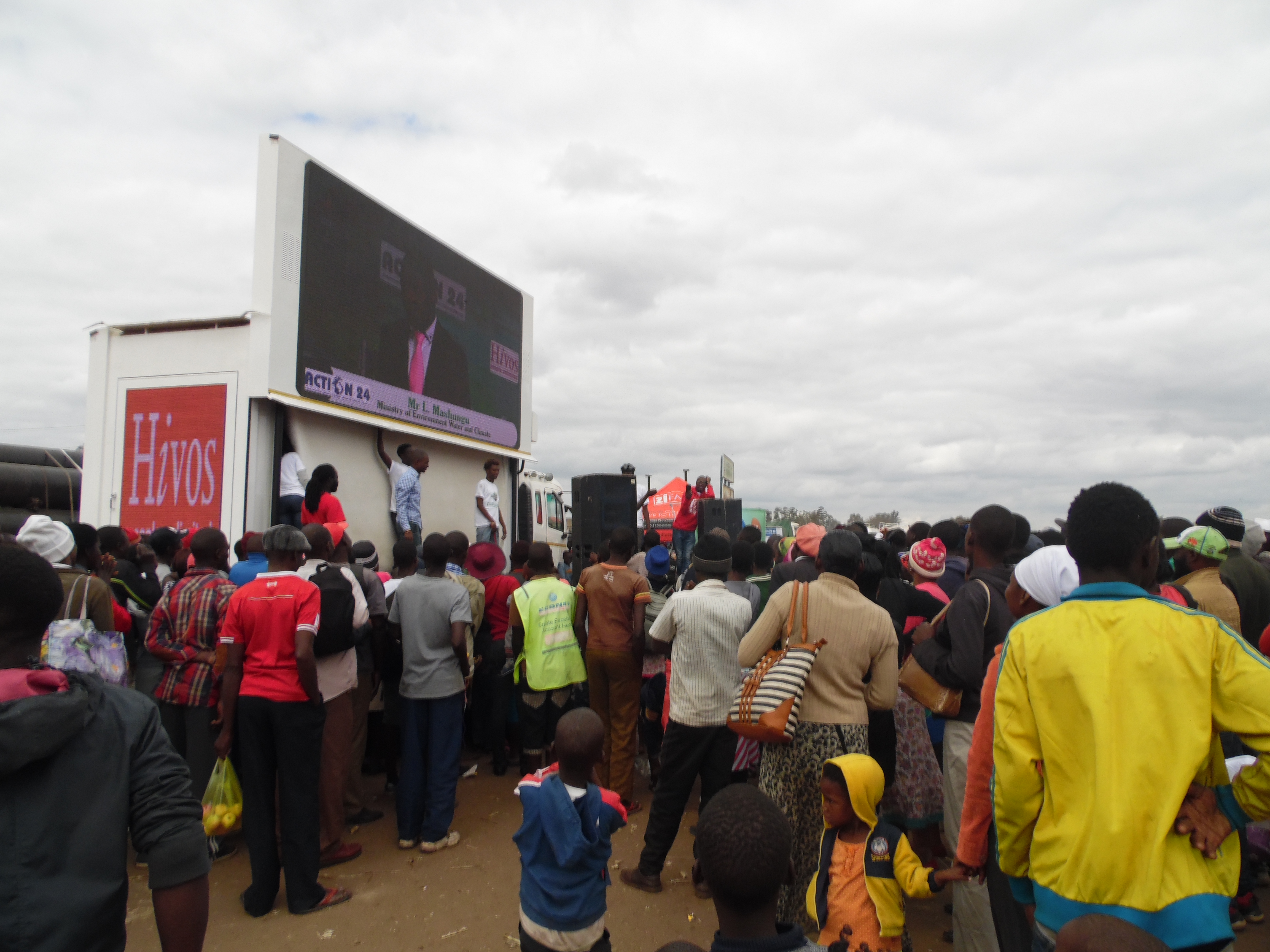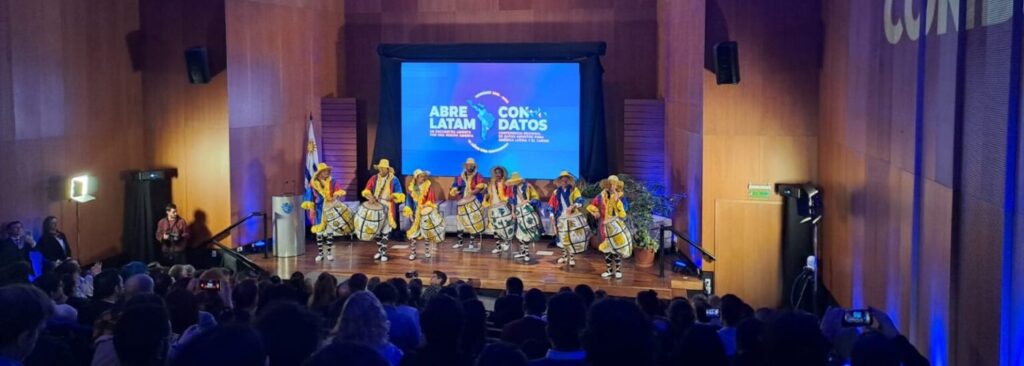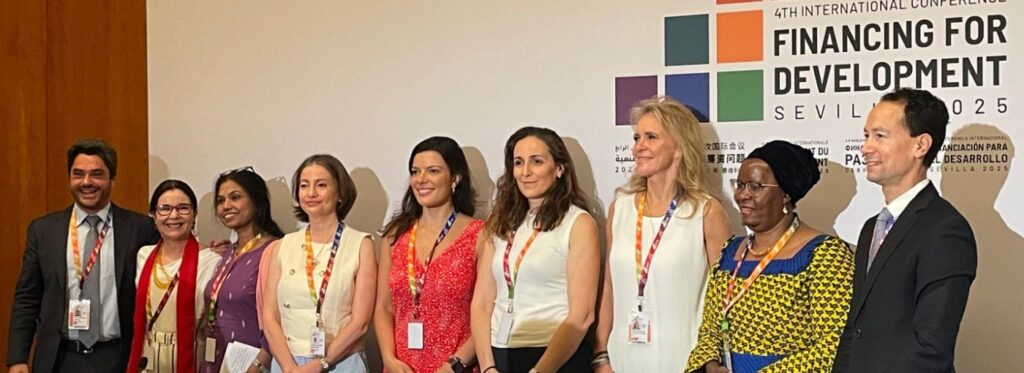Hivos Southern Africa in partnership Action 24 and the Ministry of Environment, Water and Climate held a community awareness tour on green and inclusive energy.
The theme of the roadshows titled: “Green and Inclusive Energy Advocacy Public Outreach & Awareness” was aimed at increasing community awareness and uptake of renewable energy technologies at the community level.
“There is great need for RE policies to provide for continued community engagement and capacity development around RE for improved uptake of RE technologies by the general public.” said Archieford Chemhere, Chief Engagement Officer at Action 24.
The roadshows which attracted hordes of people in Mbare and Highfields, two high density suburbs in Harare, Zimbabwe’s capital highlighted the need for citizens to take an active role in using renewable energy technologies.
“As an organisation, we are also identifying strategic economic opportunities within the overall value chain of RE which youth may tape into and create employment such as green business ventures involved in micro franchising of RE technologies,marketing of RE techonologies and skills transfer becomes some of these oppprtunities RE policy should strengthen,” said Chemhere.
The roadshows incorporate arts and entertainment as a way to demystify issues related to climate change and renewable energy technology. The approach attracted the attention of citizens who were going about their business, enabling them to interact with the subject matter of climate change and renewable energy.
The Green and Inclusive Energy is a five-year strategic partnership with the Dutch government, launched at the beginning of 2016 to help influence the uptake of renewable energy.
Other partners in the GIE programme in Zimbabwe include Development Reality Institute, Zimbabwe Enronmental Regional Organisation (ZERO), Zimbabwe Women Resource Centre and Network. Media Institute of Southern Africa.
The Green and Inclusive Energy partnership focuses on lobby and advocacy that will influence the public and political debate on energy, with the ultimate aim of transitioning toward greener and more inclusive energy systems.
Only when renewable energy becomes more available and widespread will the energy needs of women and men for their daily activities, livelihoods, education and health be met, thus also creating economic opportunities and growth whilst mitigating climate change.
The programme has a strong focus on lobbying that seeks to influence ‘citizen agency’ and public debate to help push the transition from centralised energy production based on fossil fuels towards more decentralised and inclusive energy systems in which citizens take central stage.





